Hip replacement surgery is often a transformative procedure for those suffering from chronic hip pain or limited mobility due to arthritis or injury. However, some patients experience unexpected knee pain after hip replacement surgery, leaving them puzzled and concerned. Understanding the causes, symptoms, and treatment options for knee pain following hip replacement can help alleviate discomfort and support a smooth recovery process.
Severe knee pain after a hip replacement is uncommon and should be addressed immediately with your healthcare provider, as it could indicate complications like infection or nerve damage. Whether the pain is acute or chronic, seeking professional advice is key to resuming daily activities without restrictions.
Table Of Content
Understanding the Anatomy
The Connection Between Hip and Knee Anatomy
The hip and knee joints are integral components of the lower body’s biomechanical system, working together for smooth movement during activities like walking, running, and climbing stairs. Key structures involved include:
- Femur (thigh bone): Links the hip and knee joints
- Quadriceps and hamstrings: Stabilize the joints
- Ligaments: Ensure proper alignment and support
- Nerves and blood vessels: Facilitate communication and nutrient supply to muscles and joints
Surgical changes to the hip can disrupt this system, sometimes leading to knee pain.
Causes of Knee Pain After Hip Replacement
1. Altered Biomechanics
Post-surgical changes, such as leg length discrepancies or modified gait patterns, can shift stress onto the knee joint. Before surgery, cartilage loss or bone erosion in the hip may cause leg shortening.
Knee pain may happen due to the new components of your hip that have been placed in the area around your hip joint, including:
- new socket made of metal
- new ball made of ceramic or metal that replaces the head of your femur
- lining within the socket that helps the ball of your joint move smoothly
- rod made of metal that steadies the thigh bone connected to the ball
The introduction of artificial hip components often changes the body’s mechanisms like the gait cycle, potentially overloading the knee and resulting in limping or knee pain.
2. Post surgical complications
Infection
After a hip replacement, it might take some time before normal walking pattern is fully restored. This can cause your knee to experience extra pressure when the foot lands with more force while you adjust to your new gait, resulting in pain and inflammation. In addition, potential infection in the hip might spread to the knee through your bloodstream, causing symptoms of swelling, redness, warmth and pain.
Neuropathy
In some cases, pain in the knee after hip replacement can be caused by neuropathy where nerves in the leg are damaged or compressed, resulting in sensations of tingling, numbness and even pain radiating from the hip down to the knee due to shared nerve pathways, also known as referred pain.
3. Muscle Weakness or Imbalance
Post Surgical stiffness can also lead to muscle weakness or imbalance that cause knee pain. The reduced activity level during recovery can exacerbate weakness in the gluteal and thigh muscles, whereby extra pressure is exerted on the knee joints.
4. Pre-existing Conditions
Conditions like arthritis or prior knee injuries may become more noticeable after hip replacement.
Symptoms of Knee Pain After Hip Replacement
- Aching or sharp pain around the kneecap or the back of the knee.
- Swelling or stiffness in the knee joint.
- Difficulty bending or straightening the knee.
- Altered walking pattern or limping.
Treatment Options
Self-Management at Home
- Rest, Ice and heat therapy: implementing ice and heat therapy is beneficial for reducing inflammation and alleviating pain. Applying ice packs to the knee for 15-20 minutes every few hours on and off, combined with heat therapy which helps muscle relaxation, you could settle post surgical inflammation and pain.
- Medications: Use medications like acetaminophen or ibuprofen as recommended by your doctor can help manage pain while minimize side effects and ensure the safety of artificial joint
- Activity modification: it is crucial to modify activities to prevent aggravation of knee pain, avoiding actions that adds excessive stress on the new joint during hip replacement can prevent risk of deep infection and ensure the longevity of the artificial joint
Physiotherapy Care
Physical therapy is a pivotal element in the hip replacement recovery process to help alleviate knee pain that occurs post surgery. At Mobilize Physiotherapy, we specialize in addressing post-operative knee pain with tailored rehabilitation programs to help enhance strength, flexibility, and joint function to help patients return to their normal activity while optimizing overall mobility during the recovery period. The therapy includes:
- Biomechanical Assessments: Our physiotherapists will evaluate your gait, leg length, and posture to identify contributing factors to your knee pain.
- Manual Therapy: Techniques like soft tissue massage and joint mobilization can alleviate stiffness and improve blood flow.
- Strengthening Exercises: Targeted exercises to strengthen the quadriceps, hamstrings, and gluteal muscles, helping to stabilize the knee and improve overall function.
- Taping or Bracing: Provide additional support to the knee during recovery.
Preventing Knee Pain Post-Surgery
- Follow your surgeon’s post-operative guidelines closely.
- Engage in prehabilitation exercises to prepare your muscles for surgery.
- Maintain a healthy weight to reduce stress on your joints.
Keep Your Knee Healthy
Knee pain after hip replacement surgery can be a frustrating experience, but it is often manageable with the right strategies and professional guidance. At Mobilize Physiotherapy, we are dedicated to helping you recover smoothly, address pain, and restore mobility. If knee pain is hindering your recovery, schedule an appointment with us today. Let us help you get back to the activities you love!
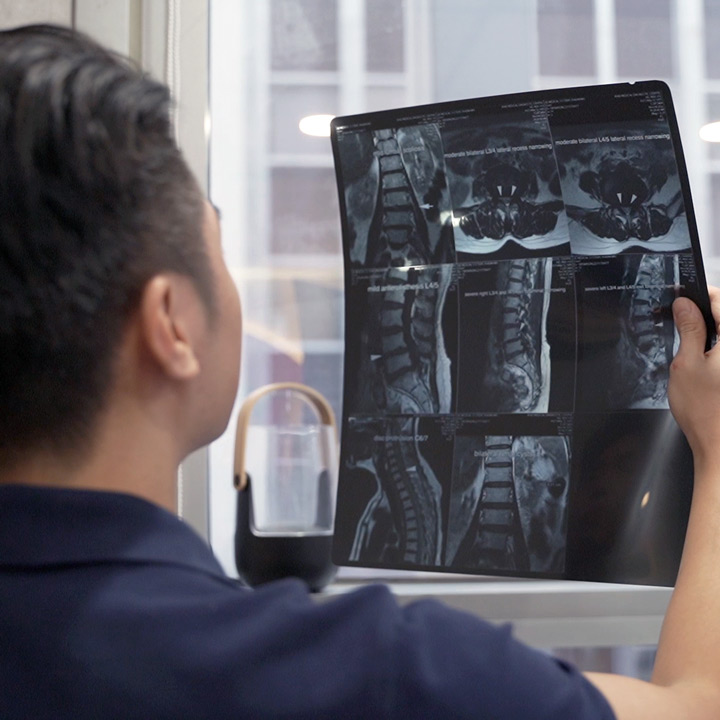
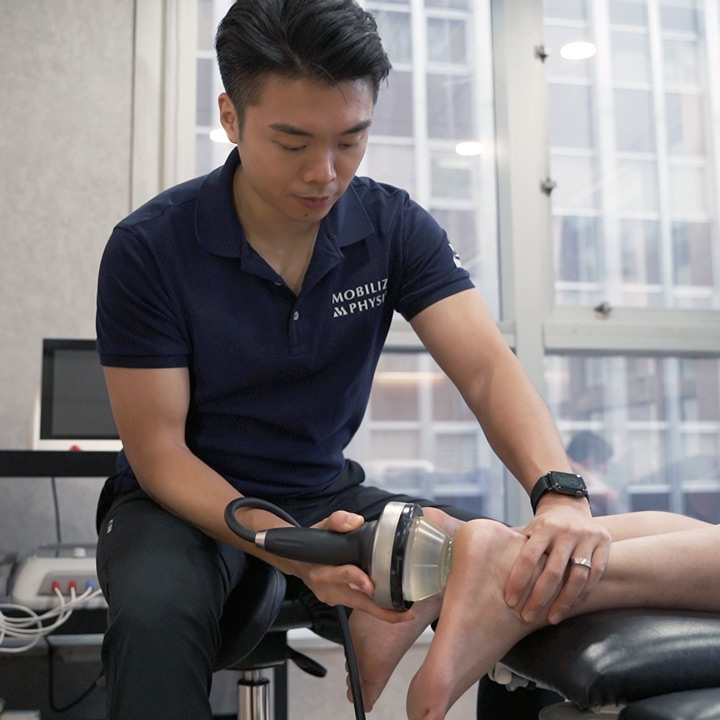
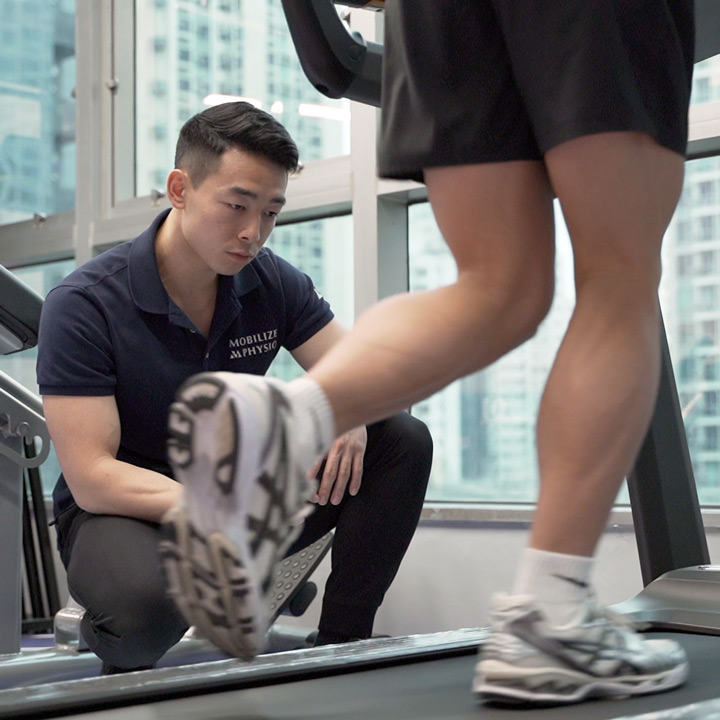

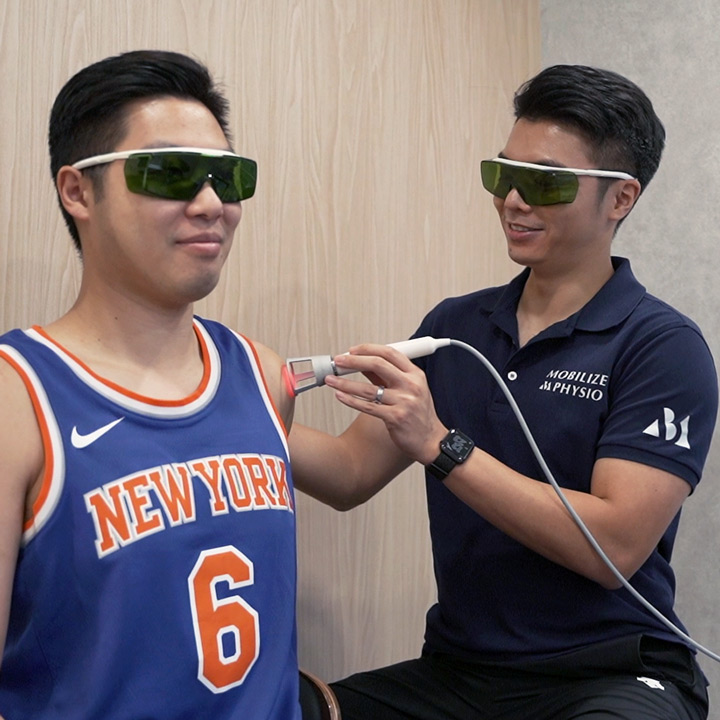
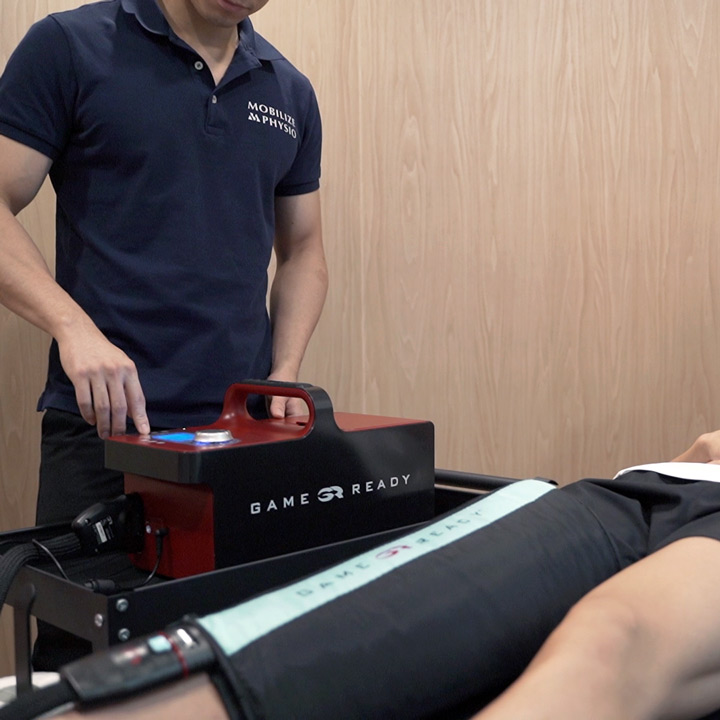
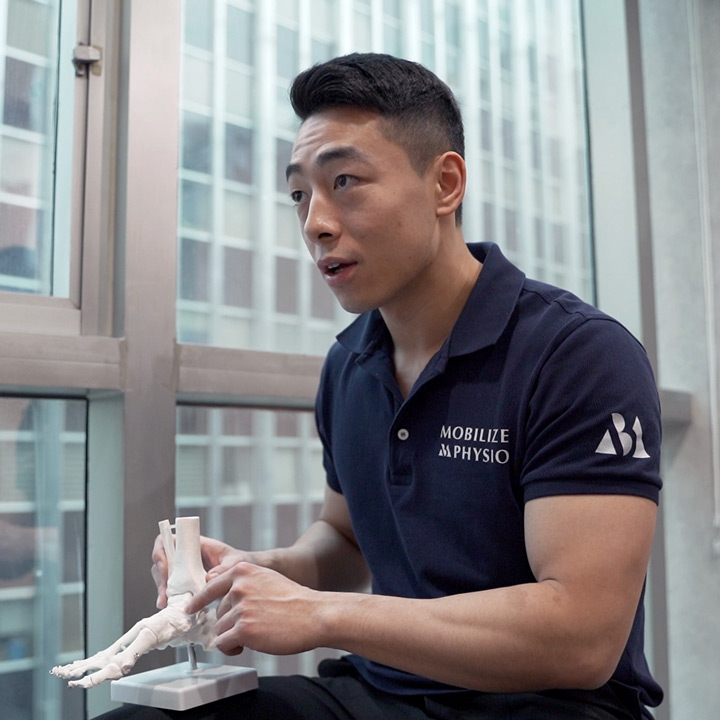






Physiotherapy Service
Mobilize Physio is a physiotherapy center located in Hong Kong. Our team of professional physiotherapists provides high-quality, evidence-based pain treatment. Our services include sports injury treatment, pain management, post-surgery rehabilitation, and posture and body alignment correction.
Every patient is unique, and we believe that every treatment plan should be customized accordingly. Therefore, we focus on one-on-one service to ensure that each patient receives personalized attention and specialized care. Contact us today to learn more about our physiotherapy services.
Latest Blog Posts

Mobility Enhancement for Older Adults: The Key to Healthy Aging
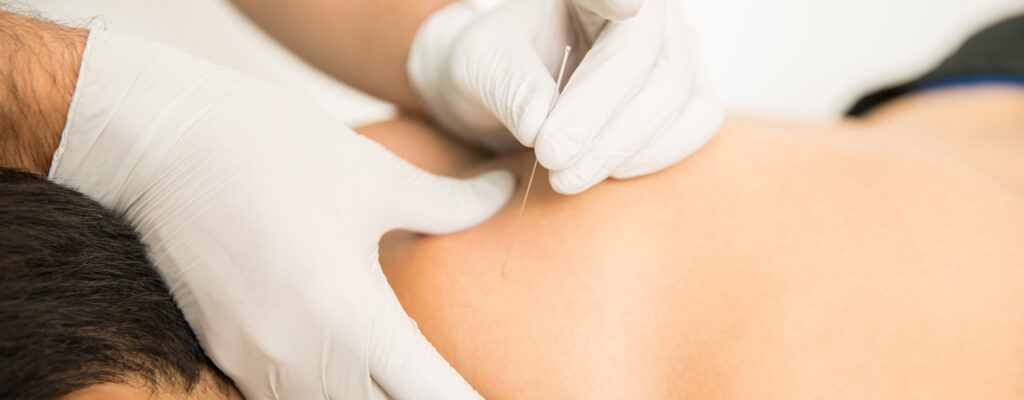
Traditional Acupuncture vs. Dry Needling: What’s the Difference?

Why Pre and Post-Operative Physiotherapy is Essential for Recovery?
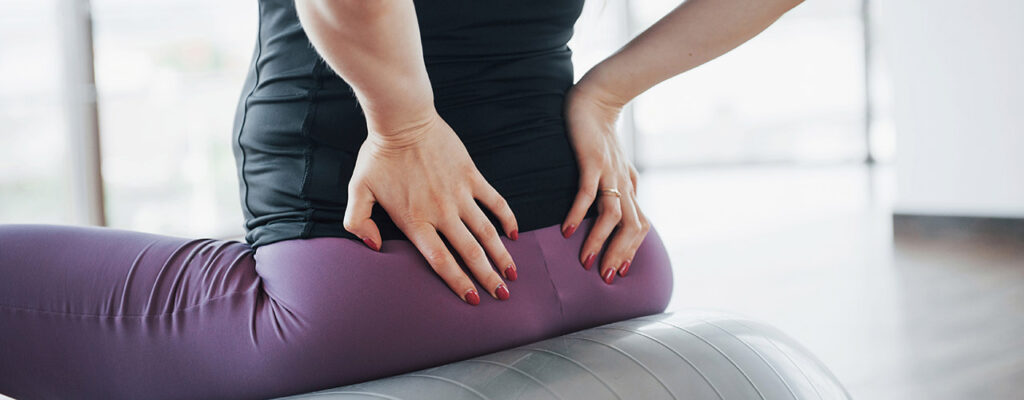
Tips to Reduce Hip Joint Pain and Stiffness
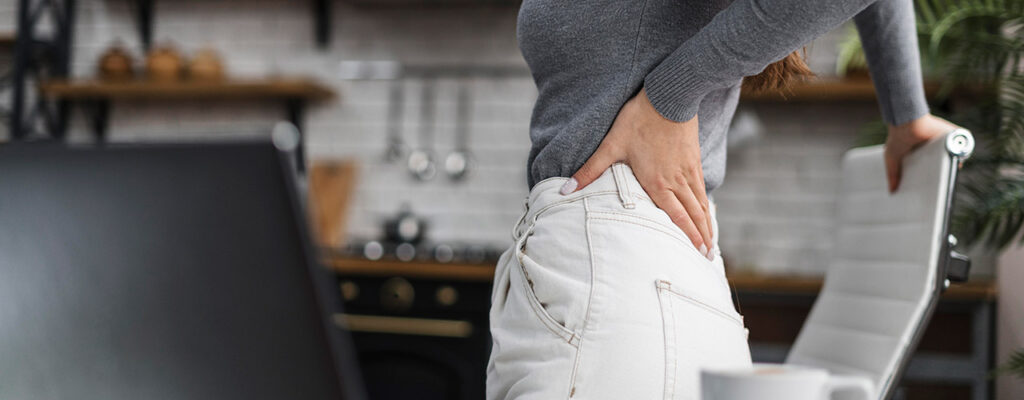
Pain in the Butt: Why It’s Probably Not Piriformis Syndrome
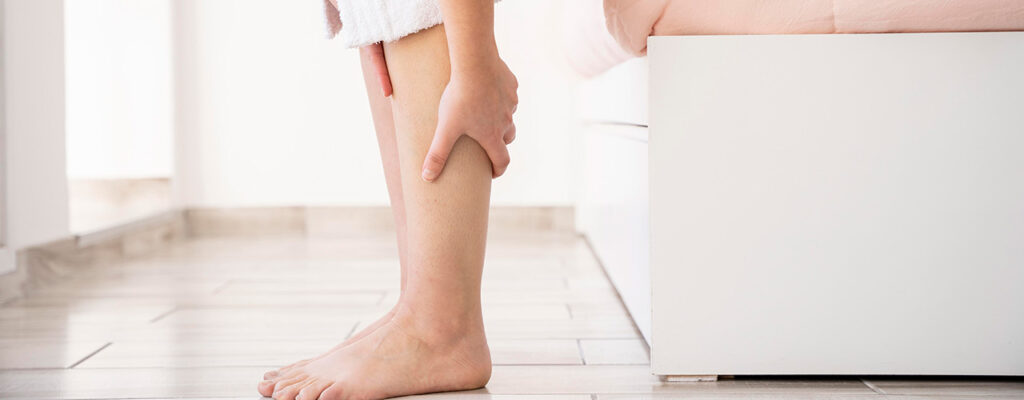
Standing All Day at Work? 7 Tips to Reduce Your Risk of Varicose Veins

Mobility Enhancement for Older Adults: The Key to Healthy Aging

Traditional Acupuncture vs. Dry Needling: What’s the Difference?

Why Pre and Post-Operative Physiotherapy is Essential for Recovery?

Tips to Reduce Hip Joint Pain and Stiffness

